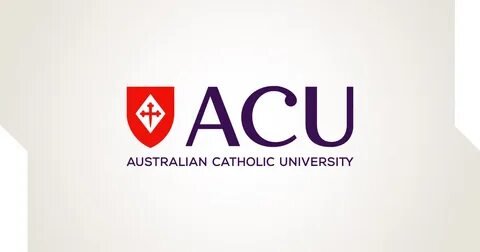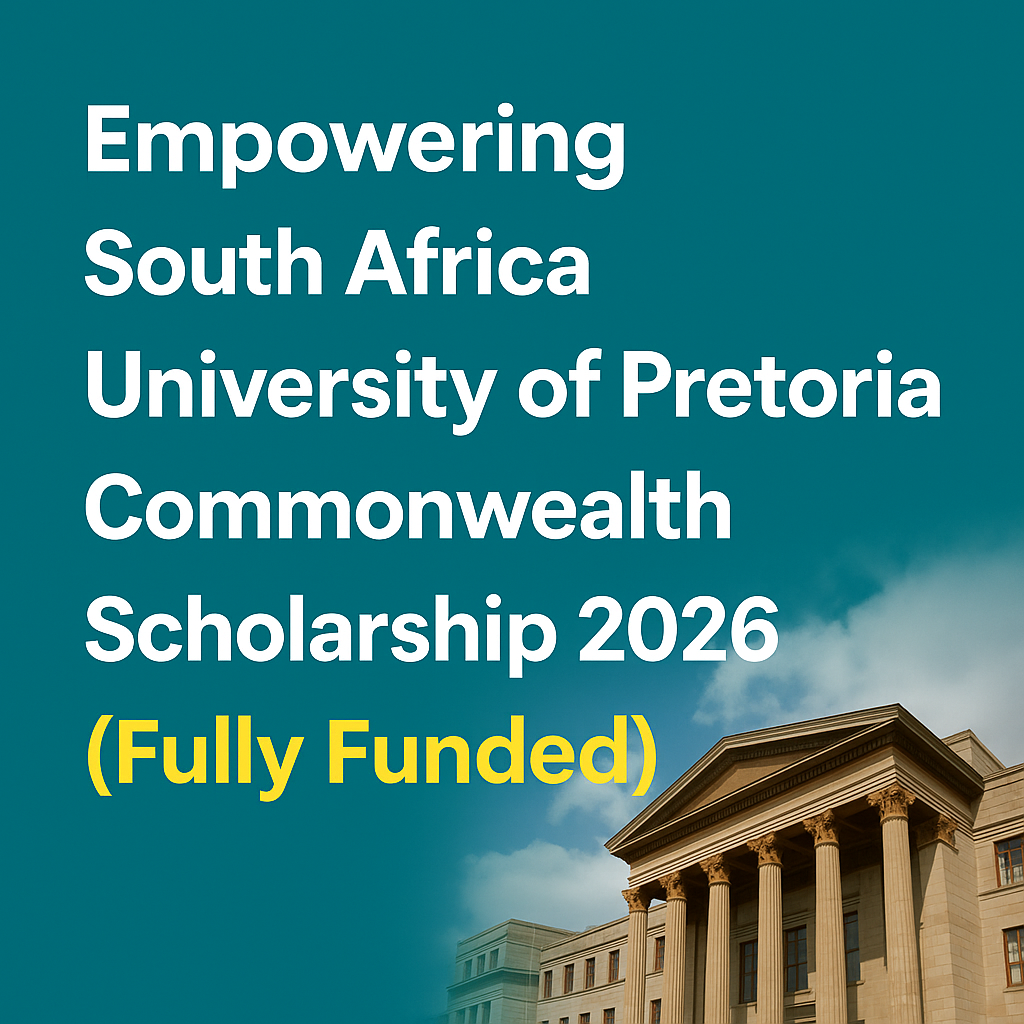Introduction: Why the Met USA Andrew W. Mellon Postdoctoral Curatorial Fellowship Matters
The Met USA Andrew W. Mellon Postdoctoral Curatorial Fellowship 2026-2028 (Fully Funded) is more than just a postdoctoral award; it is a golden gateway for scholars who want to bridge academic research with practical curatorial experience in one of the world’s most prestigious museums—The Metropolitan Museum of Art (The Met). If you are passionate about art history, cultural heritage, and curatorial practice, this program offers unmatched exposure, mentorship, and resources.
This article explores every aspect of the fellowship: eligibility, application tips, benefits, challenges, and strategies to maximize your chances of success.
Degree Level
-
Postdoctoral Fellowship
Available Subjects
For the 2026–2028 cycle, fellowships are offered in the following fields:
-
Egyptian Art – Specializing in Egyptology, material culture, and the study of artworks from Egypt’s earliest days to the end of the third millennium BCE.
-
Islamic Art – Specializing in Mughal or Persian art history, especially in textiles, carpets, and painting from the early modern period.
What is the Met USA Andrew W. Mellon Postdoctoral Curatorial Fellowship 2026-2028 (Fully Funded)?
The Met USA Andrew W. Mellon Postdoctoral Curatorial Fellowship 2026-2028 (Fully Funded) is designed to support early-career scholars in the arts and humanities. It aims to combine rigorous academic research with professional training in curatorial work.
The fellowship spans two years (2026–2028), during which fellows will:
- Conduct advanced art historical research.
- Collaborate with senior curators at The Met.
- Develop exhibitions and contribute to catalogues.
- Gain hands-on experience in public programming and museum interpretation.
This dual focus makes it one of the most transformational opportunities in art history and museum studies.
Benefits of the Met USA Andrew W. Mellon Postdoctoral Curatorial Fellowship 2026-2028 (Fully Funded)
The Met USA Andrew W. Mellon Postdoctoral Curatorial Fellowship 2026-2028 (Fully Funded) stands out because it provides both financial stability and unparalleled career-building opportunities.
1. Fully Funded Financial Support
Fellows receive:
- A generous stipend that covers living expenses.
- Full coverage of research-related costs.
- Health insurance and professional development allowances.
This financial independence allows fellows to focus exclusively on their scholarship and curatorial projects.
2. Access to The Met’s Global Collections
With access to over two million works of art, fellows can immerse themselves in diverse cultures, eras, and media. This exposure transforms theoretical knowledge into curatorial expertise.
3. Mentorship by World-Class Experts
Fellows are mentored by curators, conservators, and research scholars who are at the forefront of art history and museum practice.
4. Publishing & Exhibition Opportunities
Fellows will contribute to exhibition catalogues, digital publications, and potentially co-curate exhibitions.
5. Global Networking
This program links fellows with international scholars, curators, and cultural leaders, expanding career horizons beyond academia.
Eligibility for the Met USA Andrew W. Mellon Postdoctoral Curatorial Fellowship 2026-2028 (Fully Funded)
To qualify for the Met USA Andrew W. Mellon Postdoctoral Curatorial Fellowship 2026-2028 (Fully Funded), applicants must meet certain academic and professional requirements.
Academic Background
- Applicants must hold a PhD in art history, archaeology, or a closely related field (completed within the last five years).
- Scholars from interdisciplinary backgrounds (e.g., anthropology, history, visual studies) may also be considered.
Professional Experience
- Demonstrated research expertise in their field.
- Interest or prior experience in museum curation.
- Strong writing and communication skills for both academic and public audiences.
Other Key Requirements
- International applicants are welcome.
- Candidates must demonstrate how their research aligns with The Met’s collections.
Application Process for the Met USA Andrew W. Mellon Postdoctoral Curatorial Fellowship 2026-2028 (Fully Funded)
The application process is highly competitive, so crafting a strong dossier is crucial.
1. Online Application Portal
Applicants must submit their materials through The Met’s official fellowship page: The Met Fellowships.
2. Required Documents
- Research Proposal (3–5 pages): Must highlight how the project aligns with The Met’s collections.
- Curriculum Vitae (CV): Emphasizing academic publications, exhibitions, and teaching experience.
- Writing Sample: Published article or dissertation chapter.
- Recommendation Letters (2–3): From academic supervisors and/or curatorial professionals.
3. Selection Timeline
- Deadline: Likely October 2025 (check official updates).
- Review Period: Late 2025 to early 2026.
- Fellowship Start Date: Fall 2026.
Important Dates
-
Application Deadline: Friday, October 17, 2025, 5:00 pm ET
-
Notification Date: Last Friday of February 2026
-
Fellowship Period: September 1, 2026 – August 31, 2028
Why Many Applicants Fail – And How to Avoid These Mistakes
Even the most qualified scholars sometimes fail to secure the Met USA Andrew W. Mellon Postdoctoral Curatorial Fellowship 2026-2028 (Fully Funded).
1. Weak Alignment with The Met’s Collections
Pain Point: Applicants often propose research unrelated to The Met’s holdings.
Solution: Study The Met’s collection databases and explicitly show how your project contributes.
2. Generic Research Proposals
Pain Point: Vague proposals fail to stand out.
Solution: Present a focused, innovative project with clear methodology and outcomes.
3. Poorly Written Applications
Pain Point: Overly academic or unclear language weakens impact.
Solution: Write clearly and persuasively, balancing scholarly rigor with accessibility.
4. Weak Recommendation Letters
Pain Point: Letters that don’t strongly advocate for the applicant.
Solution: Choose referees who know your work well and can emphasize both academic and professional potential.
How to Maximize Your Chances of Winning the Fellowship
The Met USA Andrew W. Mellon Postdoctoral Curatorial Fellowship 2026-2028 (Fully Funded) requires a strategic approach.
1. Start Early
Draft your proposal months in advance to refine ideas and receive feedback.
2. Network with The Met Scholars
Attend public talks, exhibitions, or virtual programs to familiarize yourself with The Met’s priorities.
3. Emphasize Curatorial Potential
Show how you can translate research into public engagement, exhibition-making, or digital initiatives.
4. Highlight Interdisciplinary Relevance
Demonstrate how your research speaks beyond art history—to anthropology, history, or global studies.
5. Tailor Your Application
Customize your CV and proposal for this specific fellowship, avoiding generic submissions.
Comparing the Mellon Fellowship with Other Prestigious Programs
To understand the uniqueness of the Met USA Andrew W. Mellon Postdoctoral Curatorial Fellowship 2026-2028 (Fully Funded), let’s compare it with similar programs.
| Fellowship Program | Duration | Funding | Focus Area | Location |
|---|---|---|---|---|
| Met USA Mellon Postdoctoral Curatorial Fellowship | 2 years | Fully Funded | Art History & Curatorial Practice | New York, USA |
| Getty Postdoctoral Fellowship | 1 year | Fully Funded | Arts & Humanities | Los Angeles, USA |
| Smithsonian Postdoctoral Fellowship | 1 year | Fully Funded | Cultural Studies & Conservation | Washington, DC, USA |
| Princeton Society of Fellows | 3 years | Fully Funded | Humanities & Social Sciences | Princeton, USA |
Life at The Met: What Fellows Can Expect
The Met USA Andrew W. Mellon Postdoctoral Curatorial Fellowship 2026-2028 (Fully Funded) offers more than research; it offers an immersive lifestyle.
- Daily access to iconic collections and archives.
- Regular seminars, workshops, and symposia with global scholars.
- Opportunities to present research to academic and public audiences.
- A dynamic environment where art history meets contemporary issues.
Career Prospects After the Fellowship
Graduates of the Met USA Andrew W. Mellon Postdoctoral Curatorial Fellowship 2026-2028 (Fully Funded) are well-positioned for:
- Curatorial Positions in major museums worldwide.
- Academic Roles in leading universities.
- Cultural Policy & Heritage Organizations at UNESCO, ICOM, or NGOs.
- Publishing & Editorial Careers in art history and museum studies.
The fellowship is not just an academic award—it is a career accelerator.
Conclusion: Why You Should Apply
The Met USA Andrew W. Mellon Postdoctoral Curatorial Fellowship 2026-2028 (Fully Funded) is a life-changing opportunity for scholars committed to advancing art historical research and museum curation. It equips fellows with financial support, professional mentorship, and global recognition.
If you aspire to make a significant impact in the museum world, this is your chance.
👉 Apply directly through The Met’s official fellowship page here: The Met Fellowships.
FAQs
1. What is the Met USA Andrew W. Mellon Postdoctoral Curatorial Fellowship 2026-2028 (Fully Funded)?
It is a two-year, fully funded postdoctoral program at The Metropolitan Museum of Art (The Met), designed to train early-career scholars in both research and curatorial practice while providing financial stability and professional exposure.
2. Who is eligible to apply for the fellowship?
Applicants must hold a PhD in art history, archaeology, or a related discipline (completed within the last five years). Scholars from interdisciplinary fields with relevant expertise are also welcome to apply.
3. Is the fellowship open to international scholars?
Yes. The Met USA Andrew W. Mellon Postdoctoral Curatorial Fellowship 2026-2028 (Fully Funded) welcomes applications from scholars worldwide, provided they meet academic and professional criteria.
4. What financial benefits does the fellowship provide?
The fellowship is fully funded, offering a competitive stipend, health insurance, research allowances, and professional development funds, ensuring fellows can focus entirely on their academic and curatorial work.
5. What documents are required for the application?
Applicants must submit a research proposal, updated CV, writing sample (such as a dissertation chapter or published article), and 2–3 strong recommendation letters.
6. What is the application deadline for the fellowship?
The deadline is typically in October 2025, with the fellowship starting in Fall 2026. Applicants should regularly check The Met’s official fellowship page for updates.
7. What opportunities will fellows have during the program?
Fellows gain access to The Met’s vast collections, receive mentorship from leading curators, engage in exhibition planning, contribute to publications, and participate in public programming and scholarly events.
8. What career paths can fellows pursue after completing the program?
Graduates of the fellowship often secure curatorial positions in top museums, faculty roles in universities, leadership positions in cultural heritage institutions, or editorial careers in art publishing.



